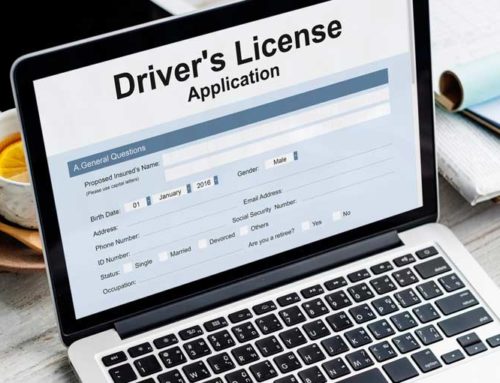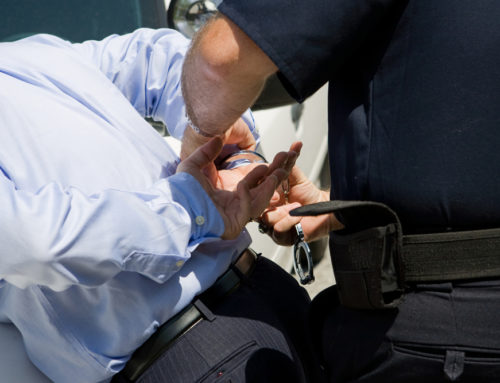U.S. Supreme Court rules that police search of information found on seized cell phone without a warrant violated Fourth Amendment.
In Riley v. California, the United States Supreme Court reviewed whether a police officer’s search of a cell-phone seized upon a suspect’s arrest violated the Fourth Amendment protection against unlawful search and seizure. If you have been the subject of a police search or seizure, contact an experienced criminal defense attorney at Pisarik Law Firm at 803-415-2733 to discuss your criminal defense with a defense attorney. Initial consultations are free so contact Pisarik Law Firm to see if you have been the subject of an illegal search or seizure conducted by police.
Case:
Riley v. California, No: 13-132 and No: 13-212 (June, 2014)
Issue:
Whether police officers could search a cell phone seized incident to arrest without first obtaining a search warrant.
Facts:
David Riley was stopped for a traffic violation. The stop eventually led to Riley’s arrest on criminal weapons charges. An officer searching Riley found a cell phone in his pocket. The officer accessed information on the phone and noticed the repeated use of terms associated with a street gang. The officer gave the phone to a detective who specializes in gangs. The detective searched the phone at the police station two hours after the arrest. The officer used the information he found on the phone to charge Riley in connection with a previous shooting and sought to enhance Riley’s sentence based on his gang membership. Riley’s criminal defense attorney sought to have the cell phone evidence suppressed.
Holding:
The U.S. Supreme Court held that officers generally may not search digital evidence on a cell phone seized from someone during arrest without first obtaining a search warrant. In previous cases, the U.S. Supreme Court has held that officers may search property found on or near someone who is being arrested without first obtaining a search warrant. The justification for this type of warrantless search was for officer safety and to prevent the destruction of evidence. However, the Court declined to extend this type of warrantless search to data stored on a cell phone.
The Supreme Court found that data stored on a cell phone can’t be used as a weapon to harm an arresting officer or to help the suspect escape. The Supreme Court further held that data on a cell phone is different from other objects that a suspect might carry on them because of the immense amount of data they store. A cell phone can store millions of pages of text, thousands of pictures, and hundreds of videos. This information may be private and likely chronicles most aspects of a person’s life. Therefore, warrantless searches of cell phone data can lead to many privacy consequences. Further complicating these privacy consequences is the fact that most data viewed on a phone is stored on remote servers. So the search may extend well past the papers and effects in the physical proximity of the person when they are arrested.
Contact defense attorney Craig Pisarik at Pisarik Law Firm to discuss your possible criminal defense for an illegal search and seizure.
Just because you have been charged with a drug crime or other type of crime does not mean that you are guilty. A criminal defense attorney may be able to help you with a criminal defense based upon an illegal search and seizure. As was the case in Riley v. California, you may have had your rights violated or evidence against you illegally obtained. If you have been charged with a crime, contact a defense attorney at Pisarik Law Firm for a free consultation to discuss your criminal defense today. 803-415-2733






